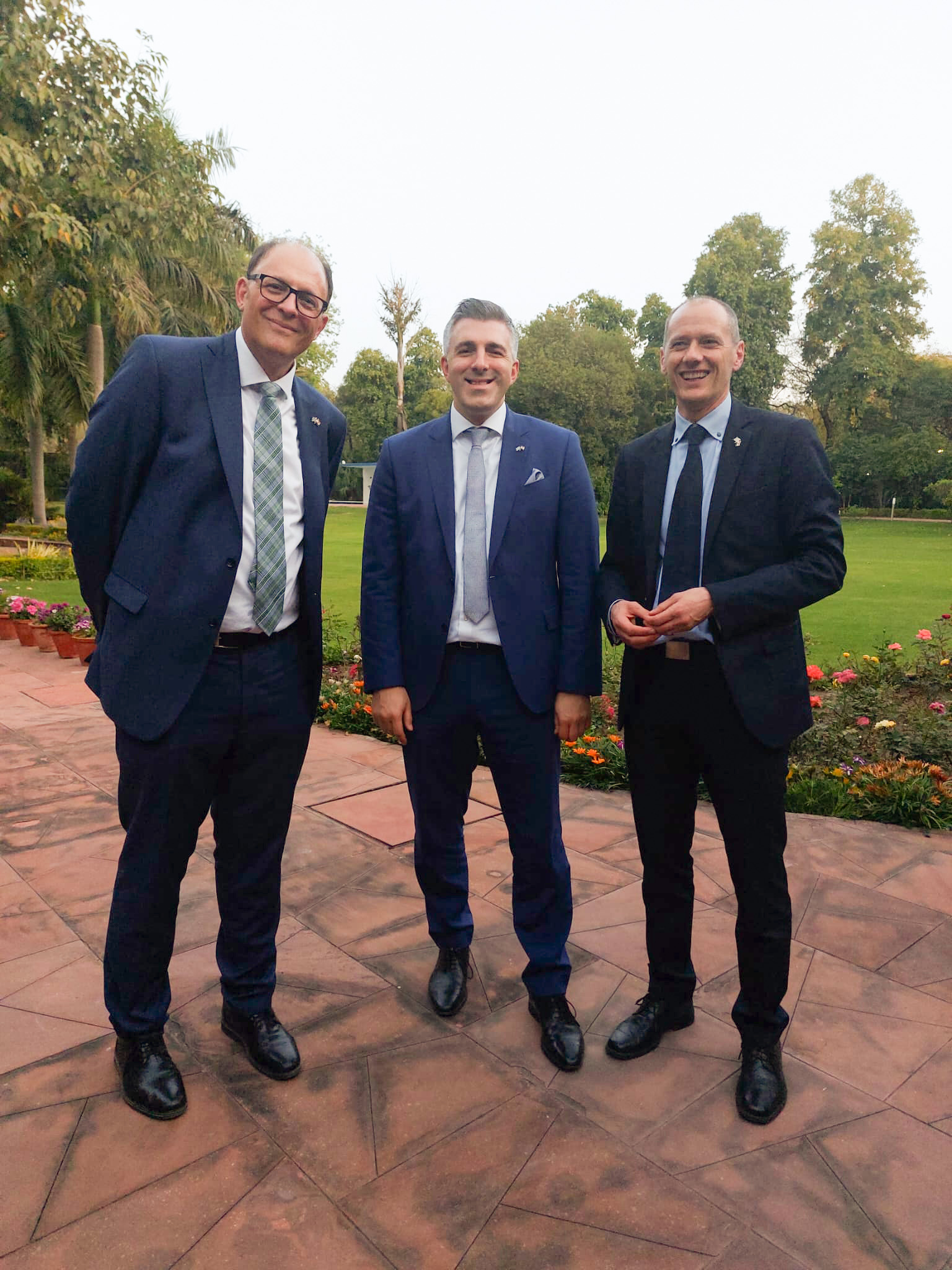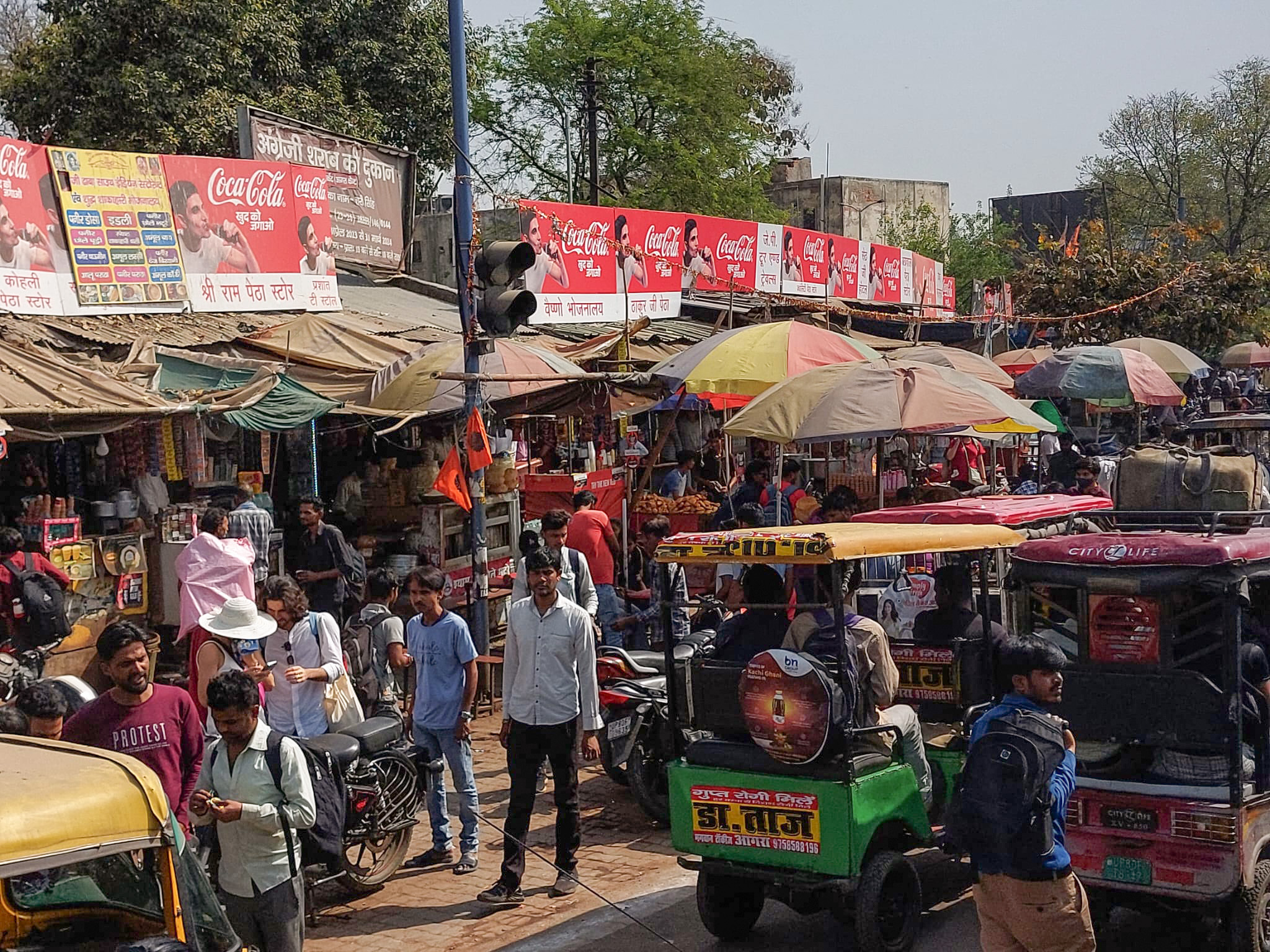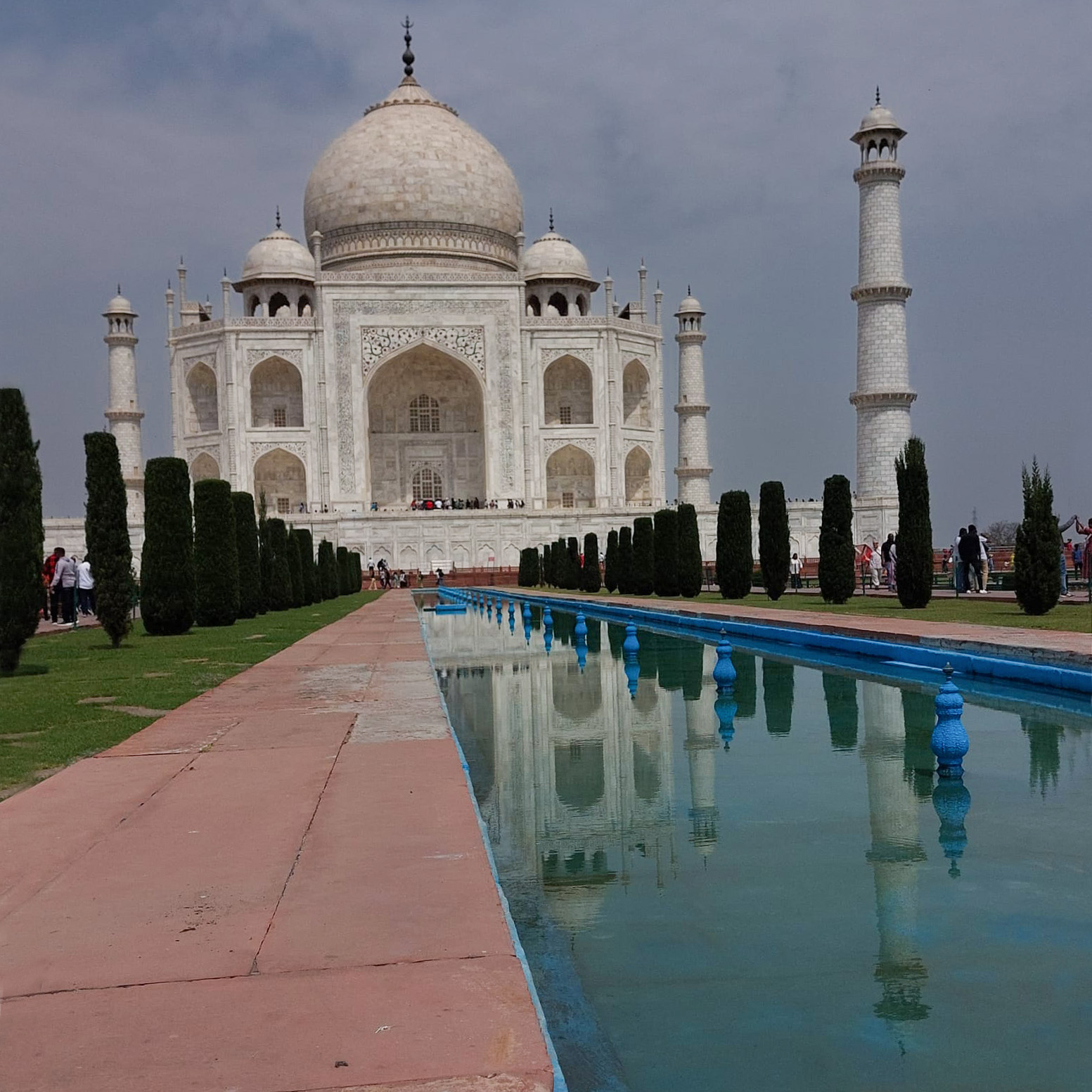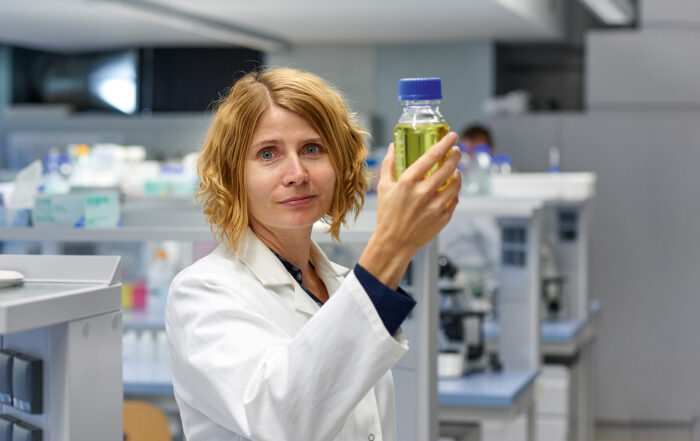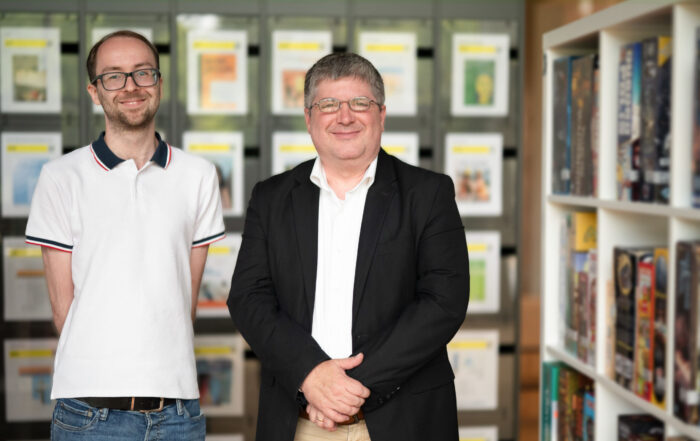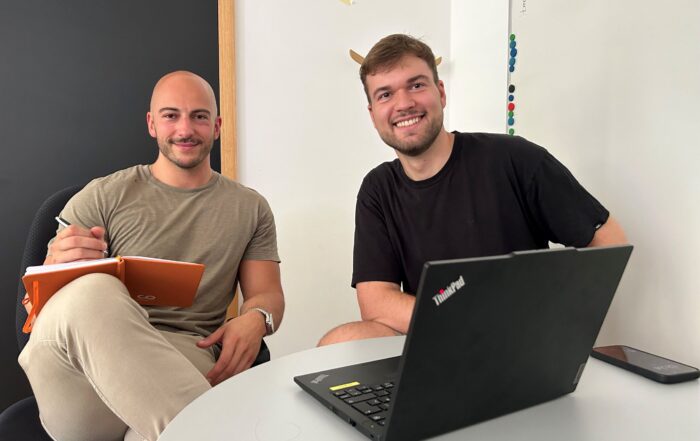26. March '24
Prof. Dr. Stefan Gast, President of Coburg University of Applied Sciences, learned more about India as a science location during a delegation trip by the Bavarian-Indian Centre for Business and Universities (BayIND).
Bavaria’s Minister of Science Markus Blume accompanied the trip with the aim of expanding scientific collaboration and cooperation in technology and innovation.
The focus of the trip was not only on strengthening scientific collaboration between the two countries and expanding cooperation, but also on the topic of recruiting skilled workers.
According to the Bavarian State Ministry of Science and the Arts, Bavaria’s 5.5 billion High-Tech Agenda, which is unique in Europe and focuses on future technologies, offers numerous points of contact with India’s scientific landscape.
Minister Blume’s visit took place as part of the delegation trip of the Bavarian-Indian Centre for Business and Universities (BayIND), which was also attended by Prof. Dr. Stefan Gast, President of Coburg University of Applied Sciences.
“India is a fascinating country with an exciting scientific community. This offers Coburg University of Applied Sciences numerous points of contact and opportunities to deepen and expand existing partnerships,” says Gast.
The university is also concerned with teaching: in Coburg, great importance is attached to offering international students and fellow students from India ideal conditions.
In the Indian capital New Delhi, Minister Blume exchanged views with the Ministry of Science and Technology and the Indian Ministry of Education, which is responsible for university teaching, on intensifying existing cooperation.
The agenda also included the Indian Institute of Technology Delhi (IIT) and German science organizations active and based in India, such as the German Academic Exchange Service (DAAD).


